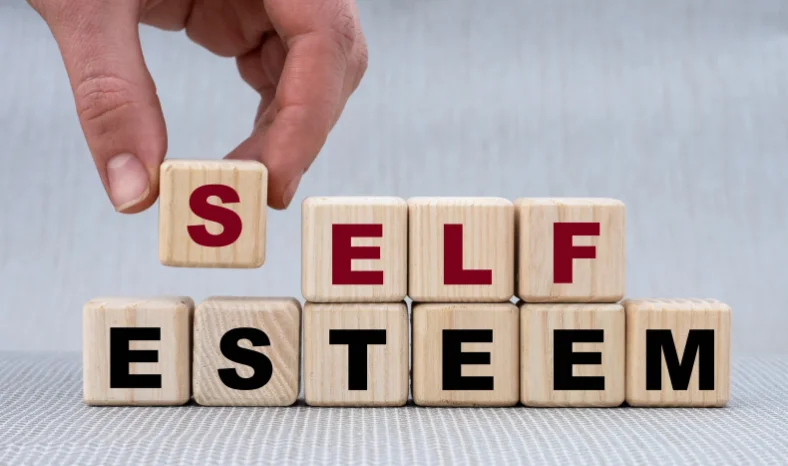Self-esteem plays a critical role in a student’s overall well-being and success in both academics and life. When students have low self-esteem, it can impact their motivation, relationships, and mental health. As educators, parents, and mentors, it is our responsibility to help students develop a healthy sense of self-worth. Here we will explore practical strategies on how to deal with students’ self-esteem issues.
- Encourage Open Communication
Effective communication is the first step in helping students with self-esteem issues. Create a safe and non-judgmental environment where students feel comfortable discussing their feelings and concerns. Let them know that their thoughts and emotions are valued, and that you are there to listen and support them.
- Provide Positive Feedback
Offering constructive praise and positive feedback can boost a student’s self-esteem. Focus on their strengths and accomplishments, and be specific in your compliments. Acknowledging their efforts and progress, no matter how small, can make a big difference.
- Set Realistic Expectations
Help students set achievable goals and expectations for themselves. Unrealistic goals can lead to frustration and lowered self-esteem. Encourage them to break down larger tasks into smaller, manageable steps, and celebrate each small achievement along the way.
- Teach Resilience and Growth Mindset
Foster a growth mindset by emphasizing that failures are opportunities for learning and growth, rather than indicators of incompetence. Help students understand that setbacks are a natural part of life, and that they have the capacity to overcome challenges.
- Emphasize Self-Care
Teach students the importance of self-care, including physical, emotional, and mental well-being. Encourage them to engage in activities they enjoy, get enough rest, eat well, and manage stress through relaxation techniques such as deep breathing and mindfulness.
- Address Bullying and Peer Pressure
Bullying and peer pressure can have a profound impact on a student’s self-esteem. Be vigilant in identifying and addressing these issues. Encourage students to seek help when they are being bullied or pressured into unhealthy behaviors.
- Promote Self-Discovery
Help students explore their interests and passions. Encouraging self-discovery can lead to a greater sense of purpose and self-worth. Encourage them to engage in activities they are passionate about, whether it’s a hobby, a sport, or a creative endeavor.
- Offer Guidance and Support
Students with self-esteem issues may benefit from guidance and support from school counselors, therapists, or support groups. These professionals can provide additional strategies and resources for improving self-esteem.
- Nurture a Positive School Environment
Create a school environment that promotes inclusivity and acceptance. Implement anti-bullying programs, celebrate diversity, and offer character education to reinforce the values of kindness and empathy.
- Lead by Example
As educators and mentors, lead by example. Demonstrate self-confidence, resilience, and a positive attitude. Students often model their behavior after the adults in their lives.
Dealing with students’ self-esteem issues requires patience, empathy, and a concerted effort to provide the support and encouragement they need. By fostering open communication, offering positive feedback, and teaching resilience, we can empower students to develop a healthy sense of self-worth and confidence that will serve them well in their academic and personal lives. Remember that building self-esteem is an ongoing process, and your continued support can make a profound difference in the lives of the students you mentor.
Contact us for Guidance and Counseling:
Disha Guidance and Counseling
+91 9719146010, 05946-354582






